FTM Transgender Sexual Health: What You Need to Know
The challenges related to your sex health and care include inadequate healthcare services, workplace discrimination, and many cases of abuse or violence against individuals of transgender.
In addition, you may have peculiar challenges involving sexually transmitted infections.
The article below will focus on critical issues surrounding sexual health among transgender people that should be addressed, your reproductive health, and relevant support from agencies and organizations.
Barriers to Transgender Health Care
You may face many health problems as a transgender person. Some barriers you may encounter are:
- Providers’ lack of knowledge and awareness.
- Limited access to different components of gender-affirming care, such as hormonal therapy and surgeries.
- Sex-based discrimination and related abuse due to your gender affiliations.

Transgender Violence
As a transgender, you might have a higher concentration of violence than others from other sexual identities.
This implies that you may suffer physical, sexual, or emotional abuse because of transphobia and discrimination against your community.
Some community members hate you, and you also experience hate crimes like assault or even murder since some society groups do not identify with your different sexual identities.
Your body puts you at greater risk than most, meaning these actions affect you mentally, causing depression, anxiety, and post-traumatic stress disorder.

Intimate Partner Violence
Your partners may subject you to intimate partner violence, which you also refer to as domestic violence or spouse abuse.
Studies show that there is an increased incidence of intimate partner victimization among the transgender population than among the cisgender group.
Such violence could be in the form of physical, sexual, emotional, or even financial abuse.

Workplace Discrimination
Work-based discrimination may affect your sexual health as transgender people.
As transgender employees, you often experience workplace issues like unfair wages, lack of health insurance coverage for gender-affirming treatments, and job discrimination, among other challenges.
Human rights activists and organizations should advocate for complete anti-discrimination laws that cover transgender workers.
You ought to enjoy inclusive business and organization practices towards safety and support.
Also, offering health insurance plans that incorporate gender reassignment procedures could significantly enhance your quality of life at work.

Sexual and Reproductive Health for Transgender
While it is imperative, as transgender individuals, you need exceptional sexual healthcare. Examples of sexual health that you need include:
- Fertility Options
Fertility preservation and enhancement an essential issues if you wish to have biological children.
For instance, you may opt for hormones and gender-affirming surgeries, which boost fertility potentials and chances of conceiving.
Therefore, it is important to discuss fertility choices with healthcare providers before beginning hormonal therapies and surgical procedures.
Also, methods of fertility enhancement like sperm cryopreservation and oocyte (egg) cryopreservation give hope for you to become a parent one day.
Therefore, healthcare professionals must provide you with information about and support for options for preserving your fertility to have a successful overall transgender treatment.
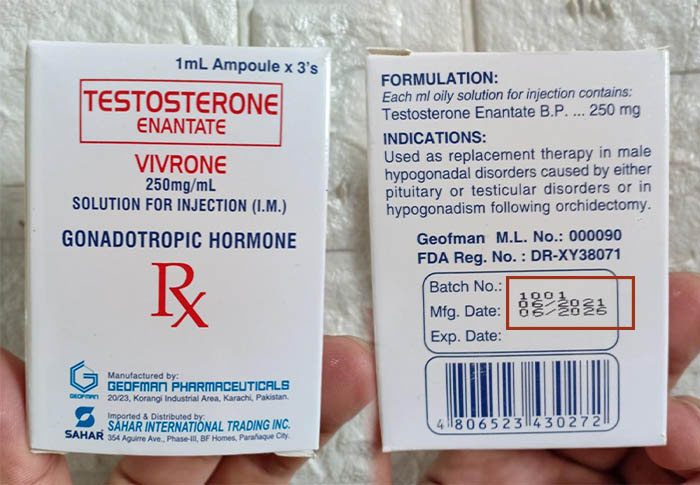
- Preventive Care and Screenings
Preventative care and regular check-ups, especially screening, are crucial for your general sexual well-being.
You may have routine health care services like Pap smear tests, breast and chest examinations, breast cancer screening, prostate exams, and some injections (vaccines) to ensure that your body is healthy and responds well to any treatment you have.
However, healthcare providers need to know your needs to offer relevant and affirmative treatment.

- Sexually Transmitted Infections (STIs)
Like any sexually active group, as transgenders, you also carry risks of transmission of STI.
Consistent use of condoms and regular testing are essential components of maintaining your healthy sexuality.
Healthcare providers may also offer complete sexual health counseling and training to suit your unique cases, such as in instances of a history of FTM or MTF surgeries.
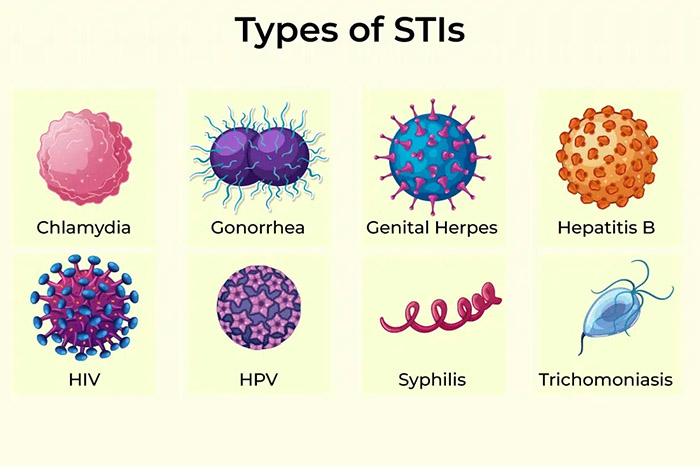
Some specific STIs of concern include:
- Human Immunodeficiency Virus (HIV)
Transgender people–particularly female-to-male–are more likely to contract HIV as compared to the standard population.
These risks are usually because of stigma, limited access to healthcare, and exposure to dangerous behavior such as BDSM.
It would be best if you encouraged efforts within your community that focus on HIV testing availability, accessibility to healthcare services, and promotion of PrEP (Pre-Exposure Prophylaxis).
Therefore, you should also analyze the social determinants of health that make us more vulnerable to HIV.
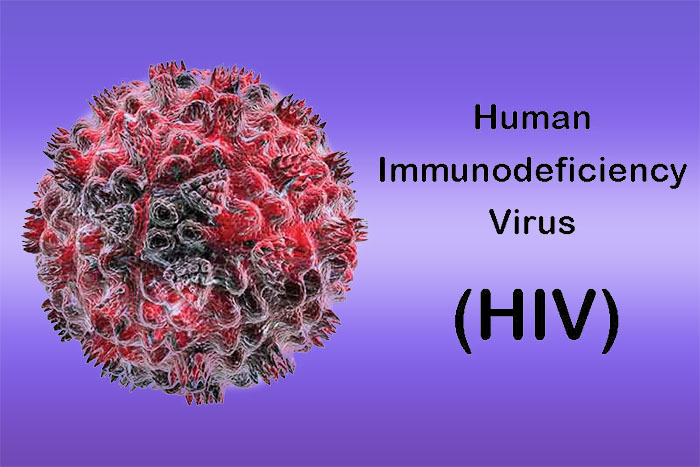
- Syphilis
Syphilis is a bacterial infection that spreads quickly during sexual intercourse.
As transgender individuals, you are more vulnerable and likely to contract syphilis than any other gender identity.
Transgender women, like other females, are at a higher risk of contracting syphilis than transgender men.
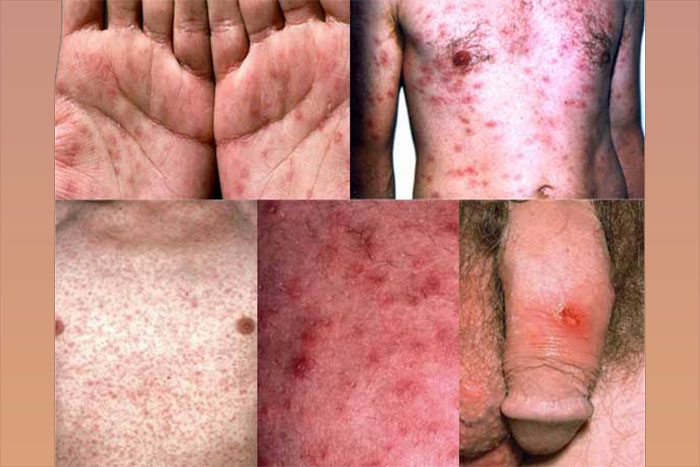
- Gonorrhea
Since the bacterium Neisseria causes Gonorrhea, you can categorize the disease as a sexually transmitted infection.
The disease spreads quickly through the vagina, penis, anus, and mouth of a transgender individual with the condition.

- Chlamydia
Chlamydia, which occurs because of bacteria, is another sexual disease that also affects you as a transgender person.
Transgender individuals, especially if infected, can transmit chlamydia to their partners through unprotected sex.
You should practice regular screening, medication administration, and training on safe sex methods to prevent infection with these viruses.
The government should make health care available for appropriate screening and treatment of transgender individuals.
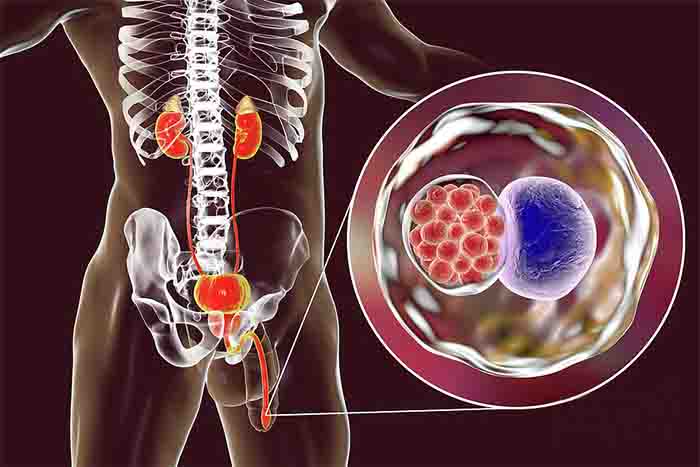
- Hepatitis A and B
As a transgender individual, you may also acquire Hepatitis A and B if you do not take care of your sexual health and that of your partner since it’s a virus transmitted through oral, vaginal, and anal sex.
When you contract the virus, it may result in other complications, such as destroying the liver.
Hepatitis B may be worse than Hepatitis A since when you contract it, your liver may fail permanently, causing cancer.
As a transgender individual who is sexually active, you should go for vaccination to prevent yourself from contracting the virus.
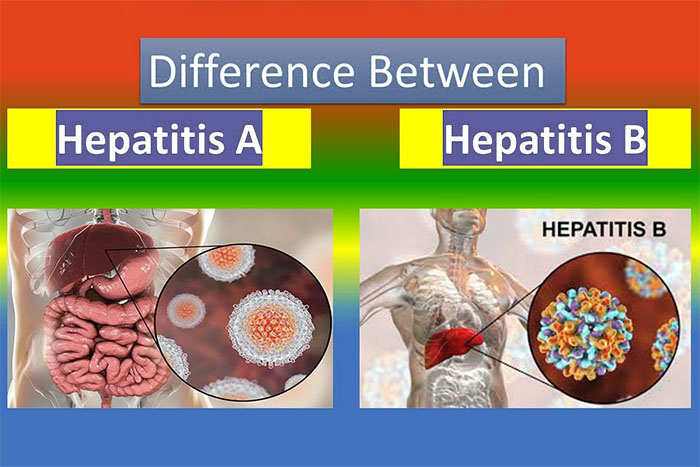
- Human Papillomavirus (HPV)
Human papillomavirus (HPV) is among the most common diseases that spreads through sexual contact and causes different cancers like cervical cancer, anal disease as well as oral disease.
Transgender individuals, just like everyone else, should also get vaccinated against HPV.
Healthcare providers should disseminate knowledge about HPV vaccination and provide for regular screening, with appropriate follow-up care, of any abnormality found.
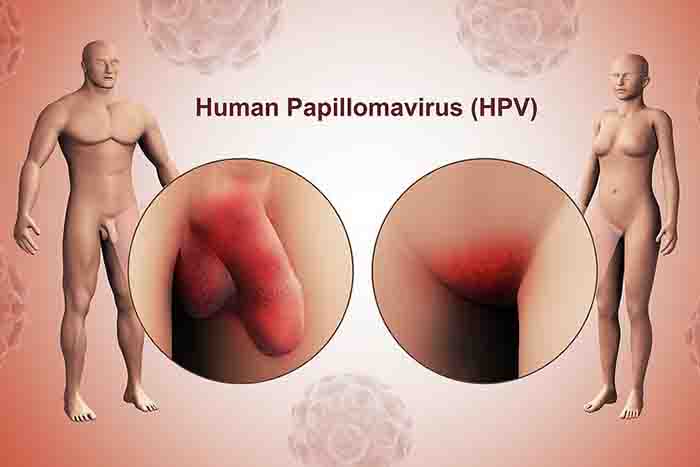
Organizations That Provide Medical Help to Transgender People
Numerous institutions support transgender medicine and offer care as well.
The organizations are essential in advocating for transgender rights, providing support services and resources, and initiating research for enlightenment.
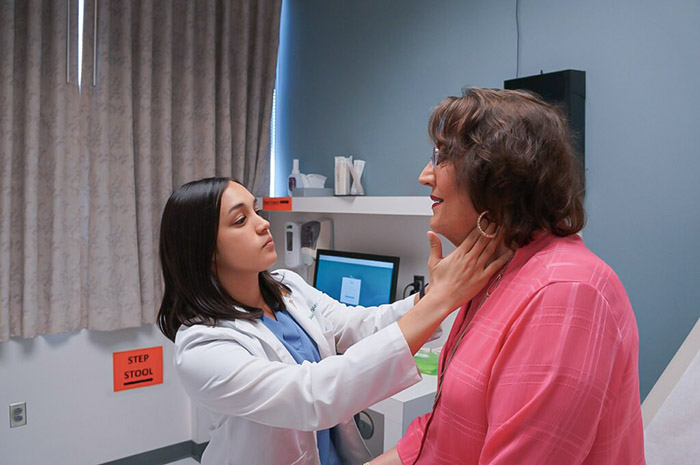
They include:
A leading organization that works for mental health, APA has supported mental health professionals serving your community.
The APA supports various programs that focus on recognizing the distinct requirements and concerns of people in your community, making it easier for you to identify and receive comprehensive care.
The APA also provides some guidelines and training programs to enhance cultural competence.
Mental health specialists should understand the particular obstacles and issues related to working with you as transgender patients to provide adequate and efficient services for you.
This includes using correct pronouns, diagnosing or assessing the patient’s condition, therapy interventions, and ethics in interacting with you.

A general view of the American Psychological Association headquarters in Washington, D.C., on April 23, 2020, amid the Coronavirus pandemic. After extended negotiations over an additional $500 billion in stimulus funding in response to the ongoing COVID-19 outbreak, the U.S. Congress is set to send another economic relief bill to President Trump to sign into law after a House vote later today. (Graeme Sloan/Sipa USA)No Use U.K. No Use Germany.
- United States Professional Association for Transgender Health (USPATH)
USPATH is an exceptional professional association aimed at health care issues facing your community as transgender people in the United States.
The government commits USPATH to promoting higher standards of care and support in this community.
It provides various resources, guidance, education programs, and advocates for policies that help people living with HIV/AIDS.
The government explicitly targeted it not only at health care providers and researchers but also at people who influence legislative processes related to laws and society for your community as transgender people.
All healthcare facilities have adopted USPATH’s guidelines to provide their patients with standardized and evidence-based health services.
This includes hormone therapy, surgeries, psychotherapy, and primary health care.

- World Health Organization (WHO)
A famous internationally based institution -WHO- contributes towards improving transgender health globally.
The WHO provides the needed advice and technical support in addressing the multiple challenges facing your community as transgender people, especially with the concern for your health.
They strive to reduce disparities in healthcare provisions and allow you to obtain necessary medical assistance without any barriers.
The WHO actively seeks to do away with discrimination within health care by putting great effort into lowering these health disparities for you.
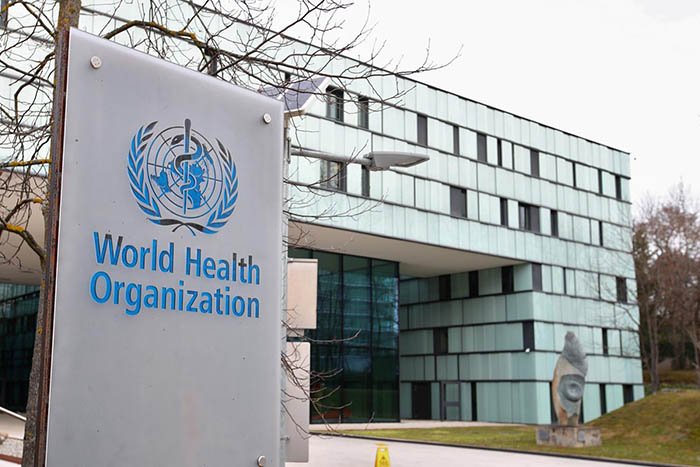
WMA is a famous organization worldwide that strives for the highest ethics in practice.
Therefore, you should not discriminate against society in search of Medicare.
WMA is committed to fighting against biased and discriminatory practices to ensure equal access to healthcare for all people.
Due to this reason, the WMA works towards equal access to healthcare for everyone in the world, fostering a healthy atmosphere.

- World Professional Association for Transgender Health (WPATH)
The World Professional Association for transgender health (WPATH) is an association that offers specific education and training to help healthcare providers, researchers, and advocates give the best care to improve the welfare of transgender people.
Establishing the World Professional Association for Transgender Health (WPATH) helps facilitate global access to quality health care.
It achieves this through organizing programs and initiatives meant to share health information with healthcare providers and thus enhance knowledge on transgender health.

- National Association of Social Workers (NASW)
The NASW organization is one of the organizations you may recognize in matters concerning social rights advocacy and defense.
In the process of protecting the mistreated minority community, NASW’s involvement is significant since it deals with essential data, materials, and policy proposals applicable during the procedure.
That way, NASW equips social workers with the right tools and knowledge that will enable them to solve your issues.
The NASW works towards just and equitable societies that end violence against transgenders, prejudice.
Thus, NASW, an organization, helps to formulate laws with an emphasis on making societies where every person feels fair and safe against discrimination.

Transgender Sexual Health Conclusion

Healthcare professionals should understand and try to meet the sexual health objectives of their population groups for them to be healthy people in society.
Addressing healthcare barriers, fostering inclusion, and ensuring the availability of needed support and resources helps you, as transgender people, have healthy, meaningful lives.
It is through specialization in transgender health that these organizations help to make research, educational, and advocacy programs better suited to improving the sexual health of your community.
You can join forces on the way toward a society where people respect, value, and support the sexual health and rights of all human beings, irrespective of whether they are cisgender or non-binary gender.

 Basic Packers
Basic Packers Pack & Play
Pack & Play STP
STP